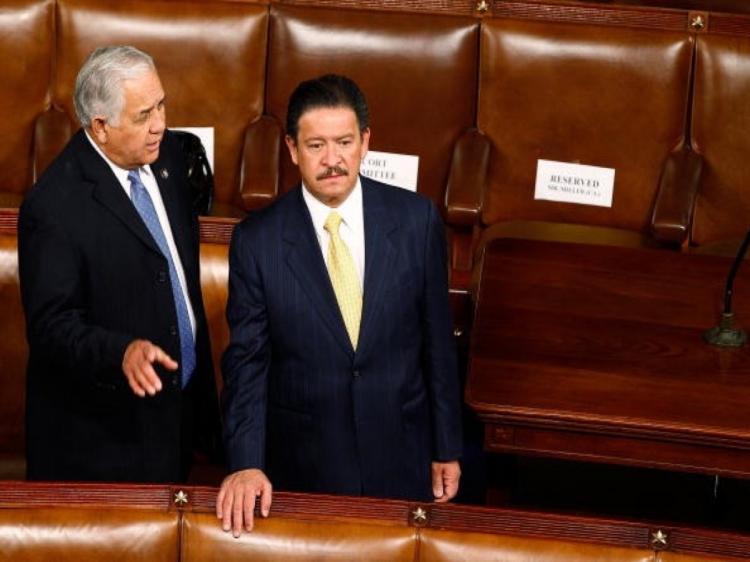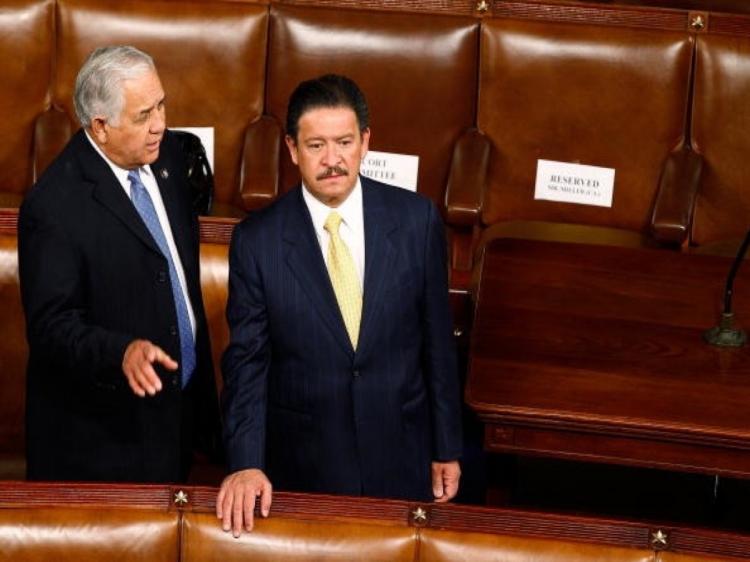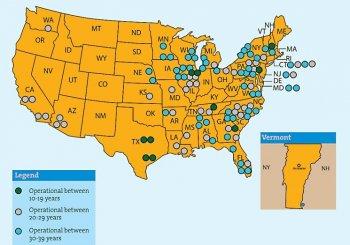The president of Mexico, Felipe Calderon, concluded his two-day visit to the United States on Wednesday with an address to Congress. Focusing on the most pressing issues facing Mexico-U.S. relations, Calderon spoke about the widespread availability of assault weapons in Mexico, the growing influence of organized crime, and immigration.
Mentioning that 80 percent of all assault weapons found in the hands of Mexican criminals originates in the United States, Calderon asked for the cooperation of the United States in regulating the import of such arms into Mexico.
Calderon pointed to a correlation between the spike in Mexican organized crime in 2004 and the expiration of the U.S.’s ban on assault weapons in 2004.
In regards to migration, the Mexican president said that he sees a need for improvements to the “broken and inefficient system.” He stated that he sees immigration issues as not only an American problem but also a problem for Mexico.
He said that the Mexican government is committed to combating the causes of Mexican migration to the United States by securing its borders and also producing more opportunities for work inside Mexico. Migration into the United States is causing Mexican society losses because its most valued citizens area leaving the country to find work elsewhere.
Specifically addressing the recently passed immigration law in Arizona, President Calderon said, “I strongly disagree with the recently adopted law in Arizona.” The statement was met with a standing ovation from members of Congress.
The president of Mexico showed respect for the United States’ implementation of effective laws, but said that the Arizona immigration law was based on racial profiling and endangers some of America’s core values. “We must find a better way,” he said.
President Obama has also criticized the Arizona immigration law. Mexican American Legal Defense and Educational Fund (MALDEF) in collaboration with American Civil Liberties Union (ACLU), Immigrants’ Rights Project, National Immigration Law Center (NILC), the National Association for the Advancement of Colored People (NAACP), ACLU of Arizona, National Day Laborer Organizing Network (NDLON) and the Asian Pacific American Legal Center (APALC) filed a lawsuit against government officials in Arizona as a challenge to the implementation of the law.
The Arizona law gives legal permission to police officers to ask for immigration papers from anyone whom they deem a possible illegal immigrant. According to a report by MALDEF, the Arizona Association of Chiefs of Police opposes the law because it diverts limited resources from law enforcement’s primary responsibility of providing protection and promoting public safety in the community, and undermines trust and cooperation between local police and immigrant communities.
Mentioning that 80 percent of all assault weapons found in the hands of Mexican criminals originates in the United States, Calderon asked for the cooperation of the United States in regulating the import of such arms into Mexico.
Calderon pointed to a correlation between the spike in Mexican organized crime in 2004 and the expiration of the U.S.’s ban on assault weapons in 2004.
In regards to migration, the Mexican president said that he sees a need for improvements to the “broken and inefficient system.” He stated that he sees immigration issues as not only an American problem but also a problem for Mexico.
He said that the Mexican government is committed to combating the causes of Mexican migration to the United States by securing its borders and also producing more opportunities for work inside Mexico. Migration into the United States is causing Mexican society losses because its most valued citizens area leaving the country to find work elsewhere.
Specifically addressing the recently passed immigration law in Arizona, President Calderon said, “I strongly disagree with the recently adopted law in Arizona.” The statement was met with a standing ovation from members of Congress.
The president of Mexico showed respect for the United States’ implementation of effective laws, but said that the Arizona immigration law was based on racial profiling and endangers some of America’s core values. “We must find a better way,” he said.
President Obama has also criticized the Arizona immigration law. Mexican American Legal Defense and Educational Fund (MALDEF) in collaboration with American Civil Liberties Union (ACLU), Immigrants’ Rights Project, National Immigration Law Center (NILC), the National Association for the Advancement of Colored People (NAACP), ACLU of Arizona, National Day Laborer Organizing Network (NDLON) and the Asian Pacific American Legal Center (APALC) filed a lawsuit against government officials in Arizona as a challenge to the implementation of the law.
The Arizona law gives legal permission to police officers to ask for immigration papers from anyone whom they deem a possible illegal immigrant. According to a report by MALDEF, the Arizona Association of Chiefs of Police opposes the law because it diverts limited resources from law enforcement’s primary responsibility of providing protection and promoting public safety in the community, and undermines trust and cooperation between local police and immigrant communities.



